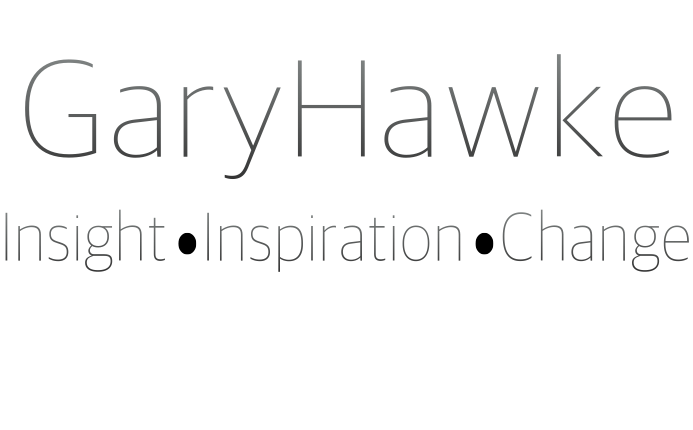Wisdom Works
In 2014 I turned 50, this made me 10 years older then the age my mother was when my sisters and I gave her the 40th birthday present of professionally styled hair so she could feel younger.
As I reached 50, I took up running, lost weight, and joined a university reading group. I am more alive now then I was 10 years ago, and as I began to explore my own wisdom, I began to wonder are we really supporting and growing the potential of our older workforce or are will still caught in the mindset that old age means past its best.
The 21st century has seen an increase in our level of wellbeing leading to our life expectancy after retirement more than doubling since 1990. This trend means if you are 30 now you have a 60% chance of making it to 90. What then happens as the workforce ages? How do we keep up to date at whatever age we are?
Old age should no longer be a metaphor for rigidity; old age is a time when we need more access to the plasticity of the mind, body, and brain so that we can live within our full potential for all of our lives, not just the time before we are deemed worthy of retirement.
Not only are we living longer, we are staying healthier for longer, retirement is no longer about letting someone go because their ability to function within the work place is declining, which is an out dated way of categorising someone. Moreover, does this category exist, because we are seen not in terms of age but in terms of economic value? We might say that we are experiencing age discrimination, when the harsher reality is, it is nothing to do with age, but with economic value, as we become older we do not become worthless, we come become worth nothing.
Even when we think about energy, drive and passion, we associate these capacities to the young, look at the old celebrity, how they are congratulated for their young looks, vitality, and charisma.
How is it that we see our young staff as full of energy, willing to be flexible, and always on trend and our older staff as reliable, steady, and dependable?
Is it that we are confusing how many years someone has lived, with how much desire they have to expand themselves. Are we then confusing the natural growth of the young to be expanding and developing with the natural declining of expanding, as we grow old?
Yet, in old age, we have one of the most sort after, and perhaps most valuable of human commodities; we have wisdom.
Is it perhaps that as wisdom is the application of experience, understanding, and knowledge, and with age come wisdom, is it folly (the opposite of wisdom) to begin to think about 50+ as moving into the retirement phase of a working life.
Would it not be better to continue the process of being apprentice to something, something that can not only have impact on personal and emotional wellbeing, but also open up the possibility of being an important member of the workforce for much longer?
Of course, it is not such a simple thing to say employ wisdom. We also need to have a training programme that helps the older person explore and recognise their wisdom, and sometimes this might be taking on the challenge of recognising that we do not know something.
My father who is 75 is learning how to use Skype, this is not about, look at how the older person is learning new technology, no, it is about a father recognising the importance of keeping in touch with his family. My father learnt how to use Skype because he had a desire to stay connected.
In my father’s use of Skype, we see wisdom in action. Maybe we as the older work force need to see that the one thing that youth has is a desire to know. Would we then not be a powerful force in the work place if we reignited our desire to know, with our ability to apply our wisdom and therefore we become the workforce in which wisdom works.

